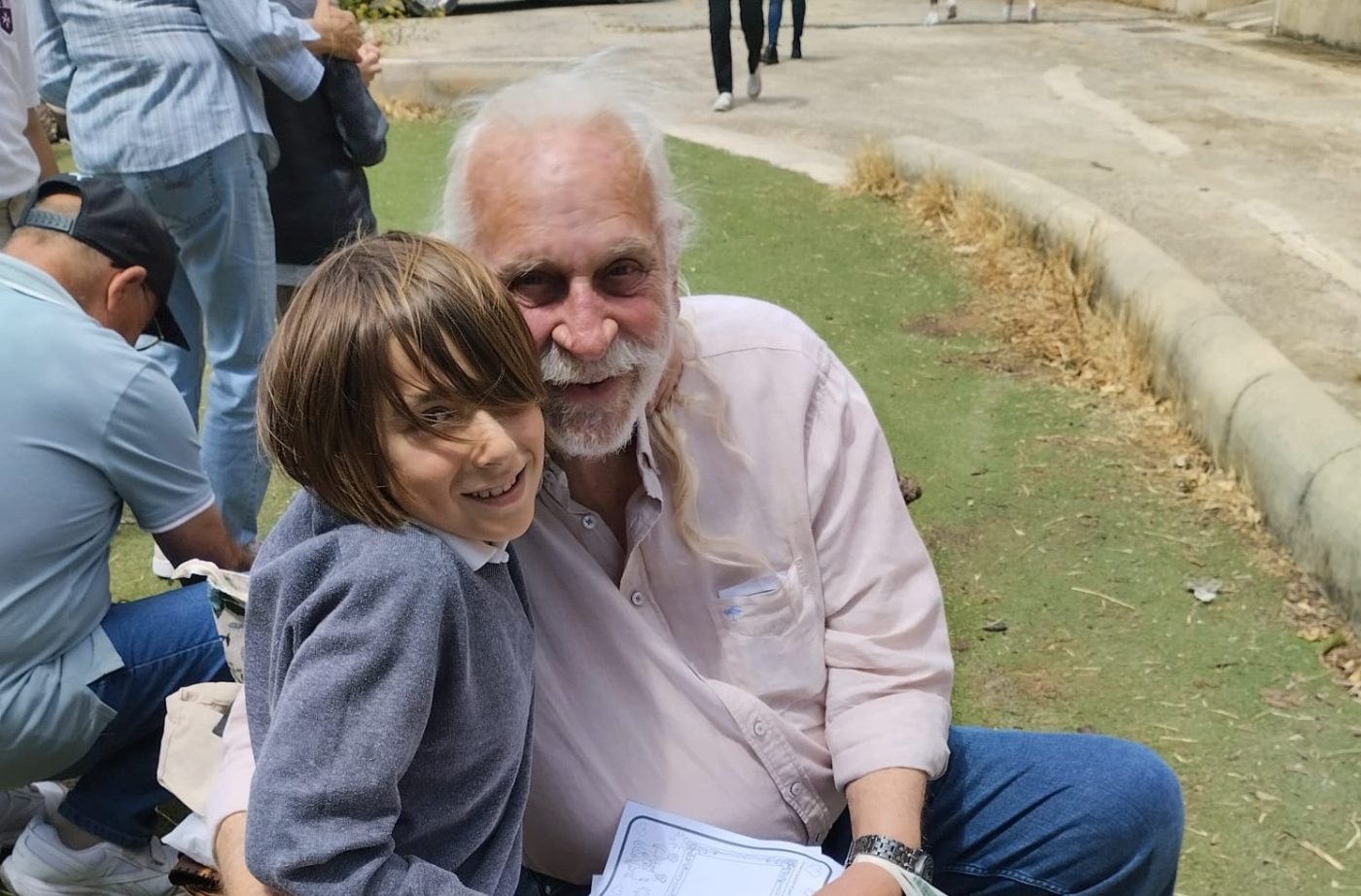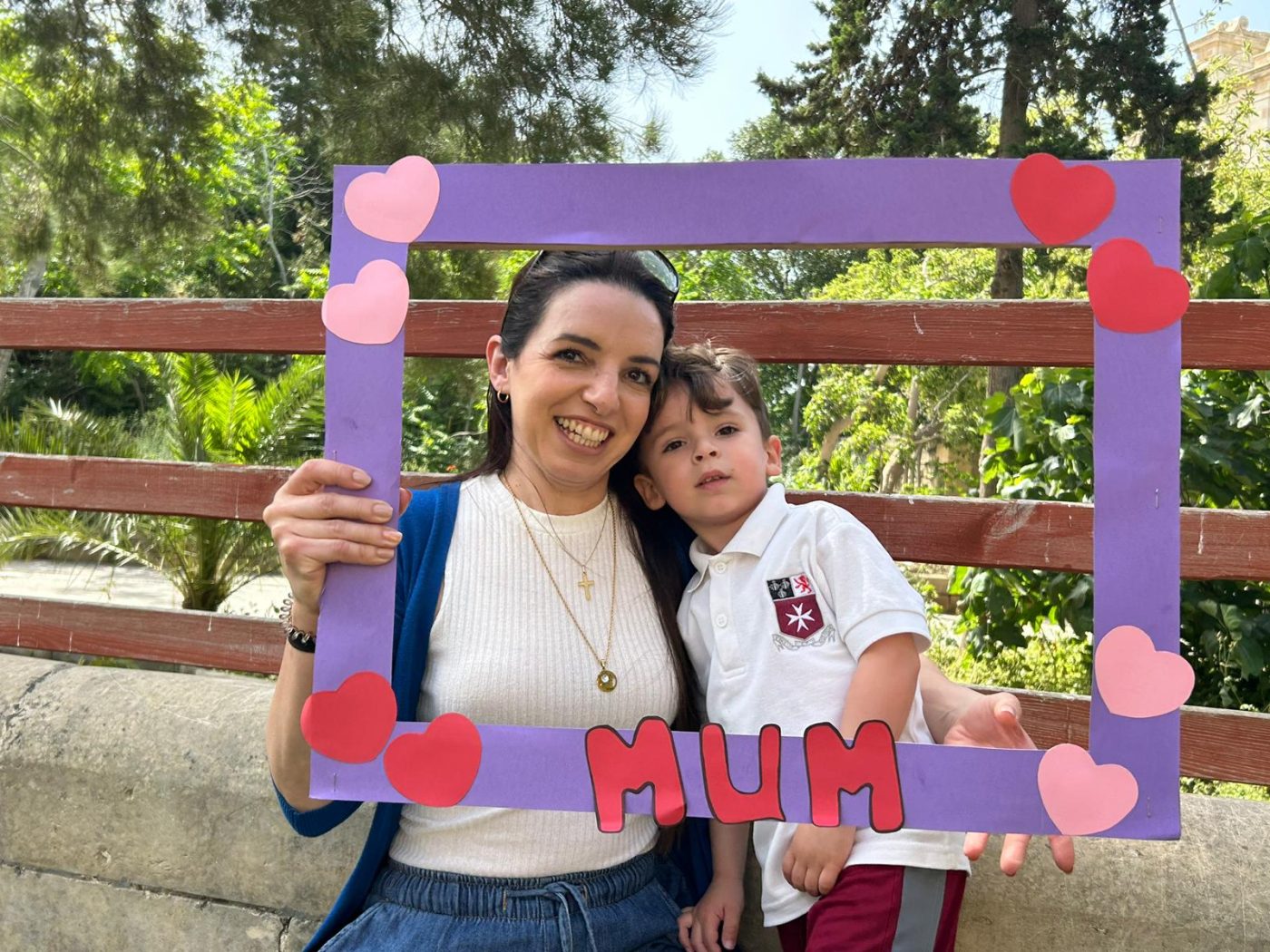Compost it! Making the best out of food waste during Covid -19
An article by Jamie Scerri Richard and the Eko-Skola Committee at St Edward’s College
In Malta, Food Waste is one of the most underrated issues in the media. If people have food to eat, few are those who spend time to think about the waste generated by their food. As per Eurostat report 2020, Malta generated around 7.2 tons[1] of Household waste in 2018 and came also in the top 10 of the countries with the highest per capita waste generation. Unfortunately, most of the food waste generated in our kitchens and establishments end up going to landfills. As the FOE – Malta website reports, “landfills … are quickly filling up, pressuring the already scarce Maltese surface area.”[2]
Subsequently this year, the St. Edward’s College Eko-Skola Committee, decided to take on the issue of composting and food waste as their main project. Composting is one of the best solutions to eliminating most of the waste while benefitting the environment. Compost enriches soil and improves plant growth by providing nutrients to the soil. A lot of things can be composted. These include food waste, leaves, scrap paper, cardboard… etc. The St. Edward’s College Eko-Skola Committee believes that if more households start to compost their food waste, not only will this reduce the pressure from landfills, but it will also help to enrich our soil and give us better produce in the future.
How did the idea of composting come about?

As per the “Guidelines for Child Care Centers” dated on 25th June 2020, issued by the Office of the Deputy Prime Minister and Minister for Health, on page 8, one finds that, “There will be no return of any unused food.” At St Edward’s College, the administration implemented this policy very strictly with all our Nursery, KG 1 and KG 2 classes. As a result, around 500 – 700 grams of food were being thrown away daily and nothing was being done with it. This caused outrage amongst the staff and especially amongst the Eko-Skola Committee students.
Thanks to the Litter Less Project, the Committee came up with the idea to study the food waste generated and put it to good use. Thus, the food scraps from the organic bins of these classes could be used to revive an old compost bin as well as buy new ones. The bins were placed in a place where sunlight and soil were very saturated allowing the compost’s nutrients to start leaching into the soil, going to all the plants and trees surrounding the area.
The following graph shows the amount of food waste generated daily. The food scraps were measured methodically, on a daily basis by the Eko-Skola Students.

The food waste generated from these classes mostly included: crackers, fruits, fruit peels, vegetables, sandwiches and sometimes salads and pasta. Many children are given big healthy lunches and unfortunately, not all of them have the big appetites that their parents assume. Some parents over-pack the lunch boxes of these little ones because they claim that children eat more at school than at home and they try to make the best of it.
Whilst before, uneaten food was returned home and parents could gauge how much was eaten, this year, due to the Covid-19 protocols, all food not packaged was being thrown away.
The Benefits of Compost
Composting is easy and affordable and is very beneficial. Composting cuts down on trash being placed in landfills and reduces carbon emissions while the nutrients stay. These enrich the soil which reduce the need for fertilizers. Compost also increases the soil’s ability to retain moisture to stop erosion and improves the all-around soil health. The healthy soil will allow plants to grow more rapidly.
Wasted food is a big issue in our society as most of the food wasted could be used to feed third-world countries and allow them to grow and get better.
Compost is finished when it has a dark rich color, crumbles when held and cannot be picked apart into its original components. Compost contains nutrients such as nitrogen, phosphorus, and potassium. The varied materials put into the compost bin will produce more nutrients. These nutrients are not let out at a very high rate but at the rate plants need them. Crumbly soil has good structure. The structure holds water on their surfaces making plants have a big source of water.
The way forward.

As part of the project, the Eko-Skola Committee did not stop at just measuring the food waste and starting a composting system but also reached out to the parents to educate them on portion control. It also shared with the little ones videos to teach them about composting. Posters were created to educate them on what goes in the organic bin for composting and what does not.
A cool mascot was designed by the Committee and it was reproduced in the form of stickers which were given out to students who ate all their lunches and thus did not contribute to the food waste problem. Another part of the outreach and education aspect of this project was to work with Friends of the Earth Malta and Ms. Kinga Milankovics. Ms. Kinga hosted 2 sessions of online workshops to teach older students in years 4 – 8 about vermiculture and permaculture which are crucial for a composting system. These workshops were done virtually and even parents could attend from home.
Ms. Kinga helped the Committee to improve the health of the Compost bin whilst giving them tips on how to take care of it in the long term. The compost produced will be used to fertilize the beautiful grounds of the school and help in a future food garden patch.

[1] Table 3.5.1: Waste generation by economic activities and households, 2018 from the Energy, Transport and Environmental Statistics – 2020 – Eurostat
[2] FOE – Malta website – https://foemalta.org/blog/foodwastestudy/



